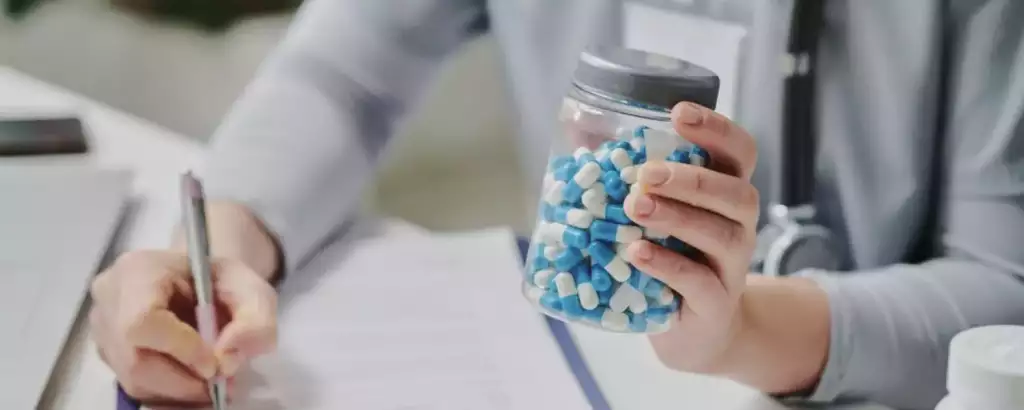In 2016, there were a reported 20,100 fentanyl-related drug deaths—more than double the previous year’s numbers. Without immediate action and widespread education, these alarming figures are sure to climb. So how can you protect yourself or someone you know from falling victim to this often-fatal drug?
What is fentanyl?
Quite simply, fentanyl is the most potent opioid analgesic (pain reliever) available for medical therapy—roughly 100 times more potent than morphine. When used correctly, fentanyl is considered a safe and effective method of recovery for medical patients after and during surgery, as well as treating moderate to severe chronic pain. However, given its effectiveness at combating pain, the potential for abuse is very high.
Like many different types of analgesics, fentanyl attaches to the body’s opioid receptors, raising dopamine levels within the central nervous system. This increase produces a euphoric state of relaxation, reducing the sensation of pain and relieving all physical feelings of discomfort. Once consumed, the sedating effects can be felt within minutes, and typically last between 30 to 90 minutes (based on an individual’s size, weight, overall health, as well as dosage amount).
Fentanyl abuse
Abuse of fentanyl dates back to the 1970s and has only increased in recent years. Nowadays, there are many illegal labs that can replicate the potency of medical-grade fentanyl to be sold illegally on the streets. Fentanyl analogs, which are designer drugs nearly identical to the original, are typically manufactured and mixed with, or substituted for, heroin. As a result, accidental overdoses and deaths are increasingly common. In fact, fentanyl analogs produced in illegal labs can be 100 times more potent than street heroin, and typically place greater strain on a user’s respiratory system, making them even more dangerous.
Illegal drug-users likely do not know that the potency of street heroin and cocaine can be significantly enhanced by adding fentanyl—they are also unlikely to detect if either drug has been laced with fentanyl. Resultantly, illicit drugs mixed with fentanyl, even a small dose, can result in accidental overdose or death.
Risks of fentanyl abuse
The difference between a therapeutic dose and a fatal dose of fentanyl is small, so it is always recommended that you use with caution and only if a doctor has prescribed it to you. If you suspect that someone you know is knowingly or unknowingly abusing fentanyl, there are signs and symptoms of which you should be aware, including:
- Loss of interest in previously enjoyable activities or hobbies
- Neglecting work, personal and/or school responsibilities
- Financial issues
- Extreme changes in diet, weight and/or appearance
- Periodic and sudden changes in mood, personality and coordination
- Behavioral issues (confusion, depression)
- Physical changes (dilated pupils, shaking, slurred speech)
- Targeted symptoms (dizziness, decreased heart rate, nausea and/or vomiting)
If fentanyl abuse is confirmed, it is best to get the user into a detoxification program—do not attempt to aid the user in coming off of the drug unsupervised, as there are many risks involved when withdrawing from opiates that most caregivers are unequipped to manage.
If you or someone you know is struggling with fentanyl abuse or addiction, help is only a phone call away. Contact the Nova Vitae Treatment Center today to learn more about our medically assisted drug detox program.












